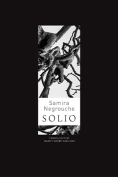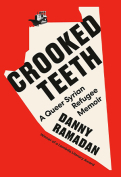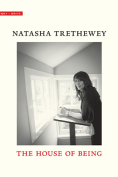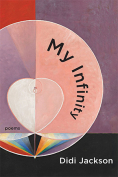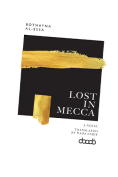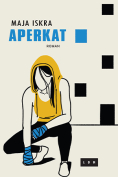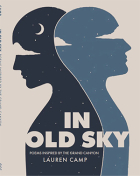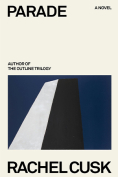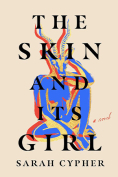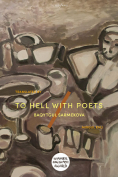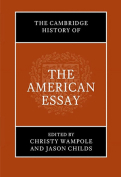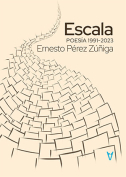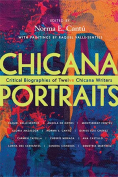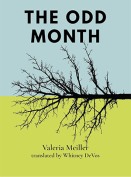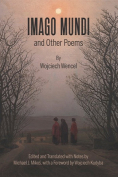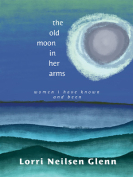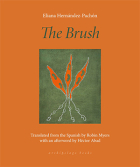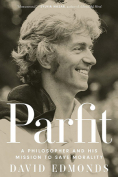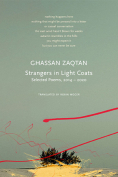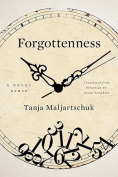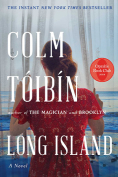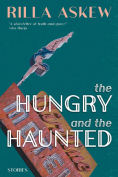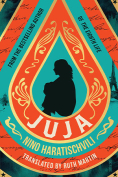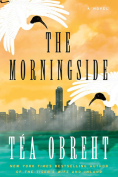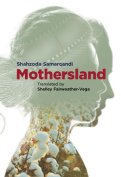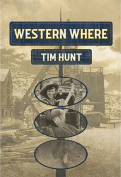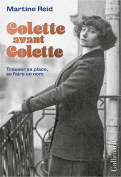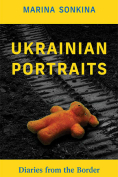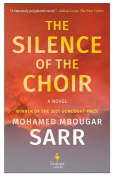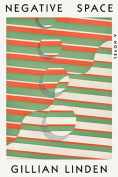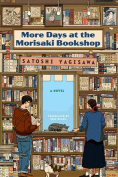The Old Moon in Her Arms: Women I Have Known and Been by Lorri Neilsen Glenn
 Halifax. Nimbus. 2024. 272 pages.
Halifax. Nimbus. 2024. 272 pages.
You could read her memoir for the fifty-pounds-of-carrots story—the bag Lorri Neilsen Glenn bought, in an empty lot near the highway, for six dollars. Hers is a simple plan: put the carrots to use. But fifty pounds? A vein of self-deprecating humor emerges when she questions her capacity to solve the problem: “I’m a slacker who can’t even keep a promise to vegetables.”
Just one anecdote in The Old Moon in Her Arms reflects Glenn’s worldview. Her purchase is an opportunity to create something of value from happenstance, but she also wrestles with the weight of it all: the literal encumbrance, and the challenges that reside in redistribution. She learns historical cultivation patterns and the Latin name for carrots, exercises other skills (lots of baking!), and strengthens bonds in her Nova Scotia community by sharing.
The scenes she plucks from her life illustrate complex relationships and ways of being. Like her understanding, from the Cree, of wahkohtowin: “our interconnectedness and our responsibility to one another.” And her acceptance of an elder’s teachings: “if you grew on this land, the land is your kin.” Over time, Glenn’s concept of kinship has grown, something she also explored in Following the River: Traces of Red River Women, about her Métis and Ininiwak grandmothers.
She credits the work of other Métis poets in exploring her ancestry and inheritance: “Marilyn Dumont and Louise Bernice Halfe taught me, deepened my understanding.” Her past had been “largely hidden,” and her father’s Métis “features were distinctive if you were looking for them,” but he “hid in plain sight” (as many Métis have done in the context of historical injustice and persecution). “Growing up in small prairie towns,” she explains, “I witnessed the maltreatment and humiliation of Indigenous peoples daily.”
Writing about her childhood, Glenn uses the second person, with tenderness but with an element of distance. She often writes about her midlife years in the third person: “One day, she’ll learn otherwise.” Her tone is ruminative, and the shifts flow naturally. By the time we get to the carrots, past and present are integrated: she fully inhabits her “I.”
Maybe the carrot story holds no appeal: you could also read this remarkable and moving memoir for one writer’s thoughts on craft, poetry, stewardship, womanhood, identity, belonging, grief, trauma, and love—for all the ways in which “a life extends beyond the dash in an obituary.”
Marcie McCauley
Toronto
